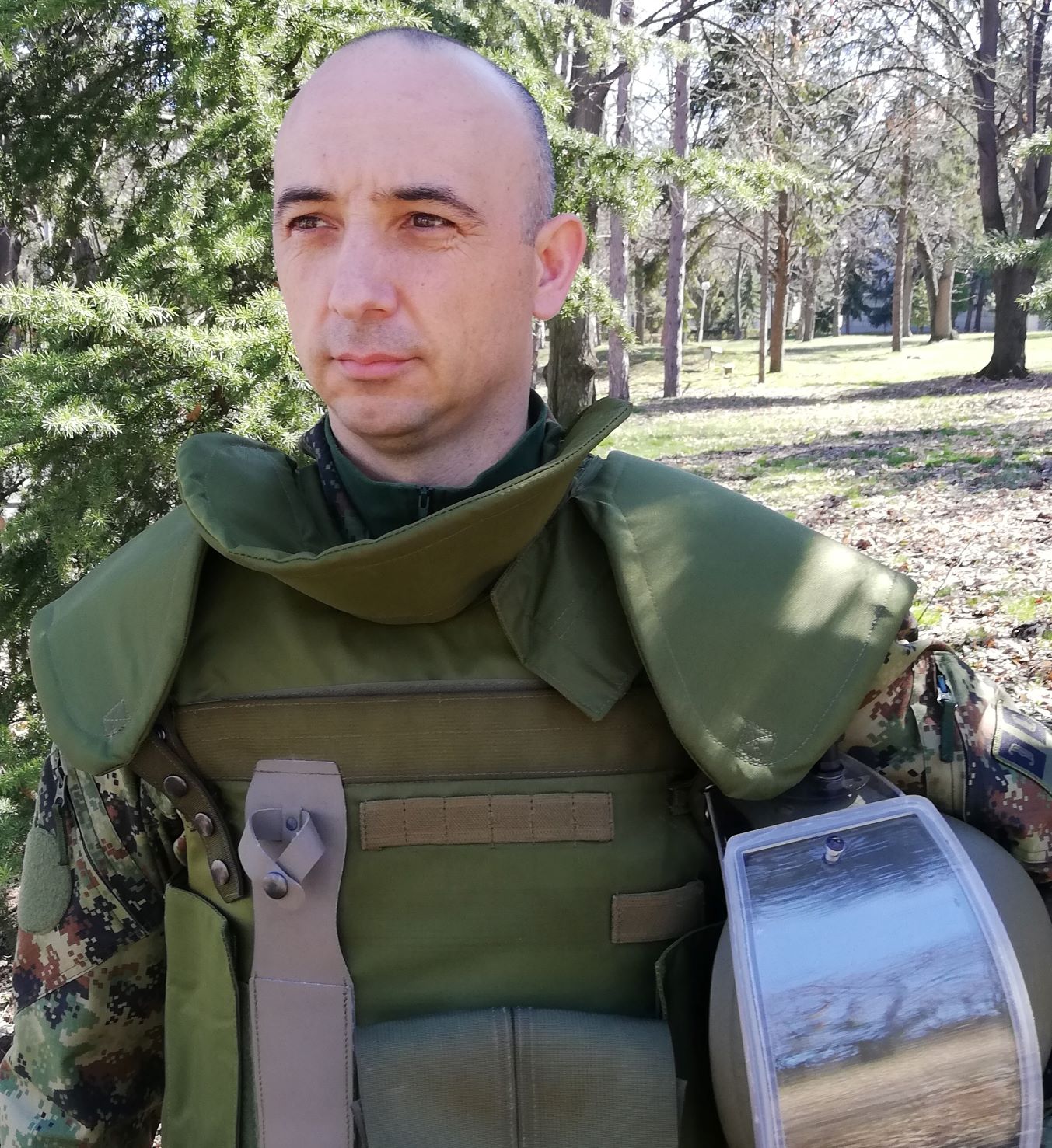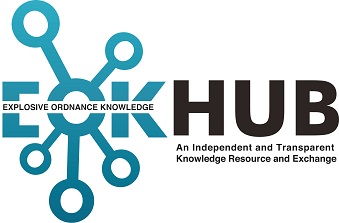Mine ban (dis)agreement
by Kosta Isailović

The Convention on the Prohibition of Use, Stockpiling, Production and Transfer of Anti-Personnel Mines and on Their Destruction (or the so-called Ottawa Convention or the Mine Ban Treaty) is one of the world's most widely accepted treaties. It brings together 164 State Parties or over 80% of the world's countries are States Parties to the treaty. One of the main reasons for that is the recognition by the international community of the landmines’ detrimental effects, not just on the safety and security of the civilian population but on the broader development efforts as well.
In the article, “The world celebrates 22 years of Ottawa Convention” (published on http://www.eokhub.org/ , in December 2019), I wrote about the importance of the Ottawa Convention for the civilian population and by the way, I wrote: “In such a security environment, some countries/parties could suspend the implementation or stop a biding by the Ottawa Convention in order to better enhance their own protection and security”. At the time, I made this assumption based on current security situation in the world (protracted armed conflicts in some countries, military interventions on bilateral basis, disputes between countries, even in Europe, where we still have more than one frozen armed conflict, deployments of troops on the border with Russia and establishment of razor wire fence on borders of some countries in order to prevent migrations) and finally, based on my military background regarding and understanding the concepts and rationale behind use of mines.
While writing that article, I was hoping that my assumption will not come true so soon, but the reality is a little a bit different. In the Statement from the Press Secretary of the National Security & Defense of the USA, from 31 January 2020, it is stated:
“As part of President Donald J. Trump’s steadfast commitment to ensuring our forces are able to defend against any and all threats, the President has canceled the Obama Administration’s policy to prohibit United States military forces from employing anti-personnel landmines outside of the Korean Peninsula. The Department of Defense has determined that restrictions imposed on American forces by the Obama Administration’s policy could place them at a severe disadvantage during a conflict against our adversaries. The President is unwilling to accept this risk to our troops.
The Department of Defense is issuing a new landmine policy. This policy will authorize Combatant Commanders, in exceptional circumstances, to employ advanced, non-persistent landmines specifically designed to reduce unintended harm to civilians and partner forces. ….. “
Good intentions are important in this decision and USA Army will employ advanced, non-persistent landmines specifically designed to reduce unintended harm to civilians and partner forces, but more importantly this decision may become an example for other states parties to do the same or something similar. The all-encompassing security issue can (and most likely will) be the reason for waiving the agreement for any state party and they may base its decision on the above. It is therefore to be expected that one of the problems, in that process will be the quantity and type of landmines to be used (or simply resorting to using what they have). Also, we are all witnesses that nobody has full control in armed conflict and it is not unfathomable to see the use of force in an improper way due to fear and highly volatile dangerous situations. A potential consequence of this such change in policy by the US Army (which may be well-intentioned from their perspective), could be the domino effect and which will inevitably lead to the growing mine/ERW contamination in the future.
We do not currently know whether this will remain a lone case or whether others countries will take the same or similar steps, but we must be prepared for the next step. Before that, it could be negotiations with a state party that considers such change in policy, and then create disincentives, constraints and a control mechanism for the use of mines (from strategic to field level). It could also be imposed on those states to bare the expenses of mine clearance, victim's assistance during and after the armed conflict, etc… (More details about suggested steps forward will be presented in one of my next articles). Certainly, the best scenario is that no one changes the agreement reached, although the circumstances change and we should be ready for such developments.
The 23rd International Meeting of Mine Action National Directors and UN Advisers (held from 11 to 14 February 2020 at the United Nations Office at Geneva) was a place for a discussion on emerging issues, exchange of best practices and lessons learned regarding mine action and a great opportunity to discuss this potentially emerging issue.
I hope that this will remain a lone example and that we will collectively invest efforts to have the necessary policies and processes in place for the future occurrences aimed at minimizing the potential negative effects in the future.


